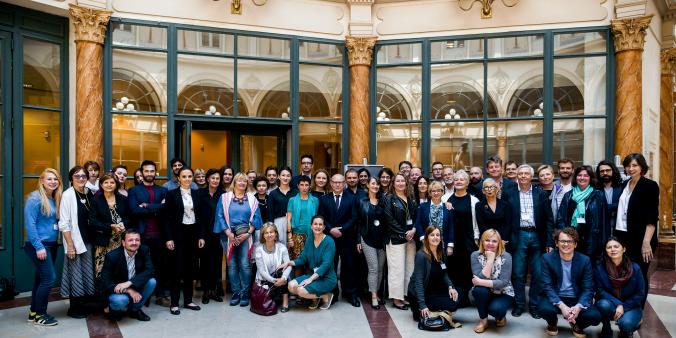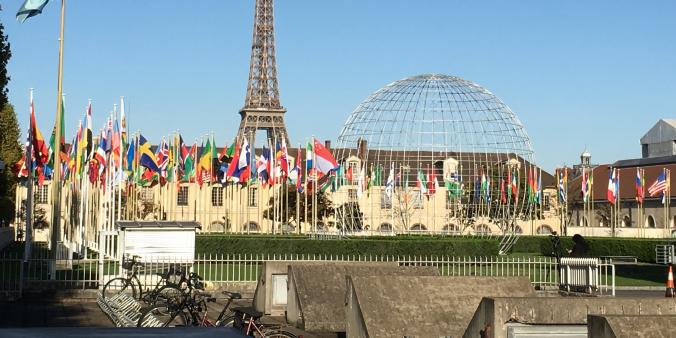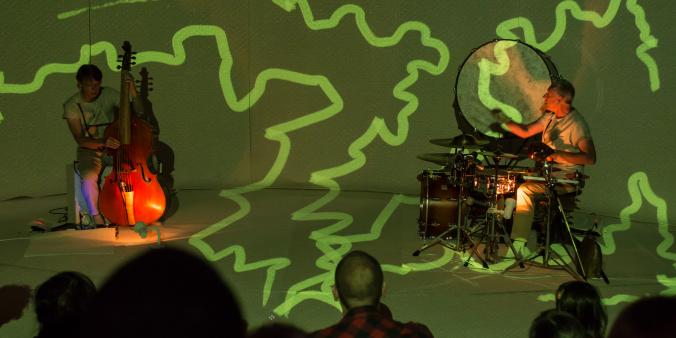
Policy framework International Cultural Policy 2021-2024 submitted to House of Representatives: strategic focus on 23 countries
On 6 December, the three ministers responsible for International Cultural Policy have submitted the new policy framework for international cultural policy to the Dutch House of Representatives. In this framework, Ministers Ingrid van Engelshoven, Sigrid Kaag and Stef Blok set out their principles, ambitions and goals for the period 2021-2024. The framework is briefly summarised below. A full English translation of the framework will follow.
The ICP framework builds on:
- International agreements for standards, values and cooperation in a European and UNESCO context.
- The advice of the Council for Culture on the cultural system from 2021 on.
- Cultural policy principles (Uitgangspuntenbrief Cultuurbeleid 2021-2024, The Ministry of Education, Culture and Science).
- Culture in an open society (Cultuur in open Samenleving, The Ministry of Education, Culture and Science).
- Investing in perspective (Investeren in perspectief, Minister for Foreign Trade and Development Cooperation).
- Integrated foreign and security strategy (Geïntegreerde buitenland- en veiligheidsstrategie, Ministry of Foreign Affairs).
- The report drawn up by the Policy and Operations Evaluation Department (IOB).
- Experiences with the current policy framework.
- Discussions with parties domestically and abroad.
Principles of the policy framework:
- The quality of the Dutch cultural sector benefits from international cooperation and exchange. This contributes to both our welfare and well-being;
- In bilateral relations with other countries, culture enhances the image of the Netherlands, it is a means to promote mutual understanding and trust (also in countries with which the Netherlands has a complicated relationship), and cultural diplomacy plays a valuable role in foreign policy;
- International heritage cooperation contributes to finding solutions for societal issues in the Netherlands and internationally, and is in line with the government’s goal to increase knowledge about our shared history, values and freedoms;
- The subsidiarity principle remains in force , while acknowledging that the European cultural agenda is very important to the Dutch cultural sector and its cooperation abroad;
- The right to cultural expression as part of the freedom of expression is a value deserving of international recognition and defence;
- The power of culture (especially of the creative industry) is utilised for the Sustainable Development Goals (SDGs), particularly in the focus areas for international cooperation;
- A comprehensive and strategic approach with room for flexibility and on-the-go projects ;
- A constructive collaboration and clear division of roles between the various implementing parties, based on their expertise.
The three main goals of the policy framework:
1. A strong position for the Dutch cultural sector internationally through visibility, exchange and long-term collaboration.
2. Supporting bilateral relations with other countries through Dutch cultural expressions.
3. Utilising the power of the cultural sector and creative industry for Sustainable Development Goals (SDGs), particularly in connection with the BHOS (foreign trade and development cooperation) agenda in the focus areas.
The policy framework is mainly geared to Europe, the European Union, Heritage, Cultural cooperation and the SDGs.
The ICP is applicable worldwide but efforts will concentrate strategically on the following 23 countries:
- Within Europe: Belgium/Flanders, Germany, France, Hungary, Italy, Poland, Spain, UK
- Bordering Europe: Russia, Turkey, Egypt, Morocco
- Beyond Europe: Australia, Brazil, China, India, Indonesia, Japan, Sri Lanka, Suriname, USA, South Africa, South Korea.
For each country, further agreements about cooperation and implementation will be made with relevant parties.
The policy framework can be downloaded here.




